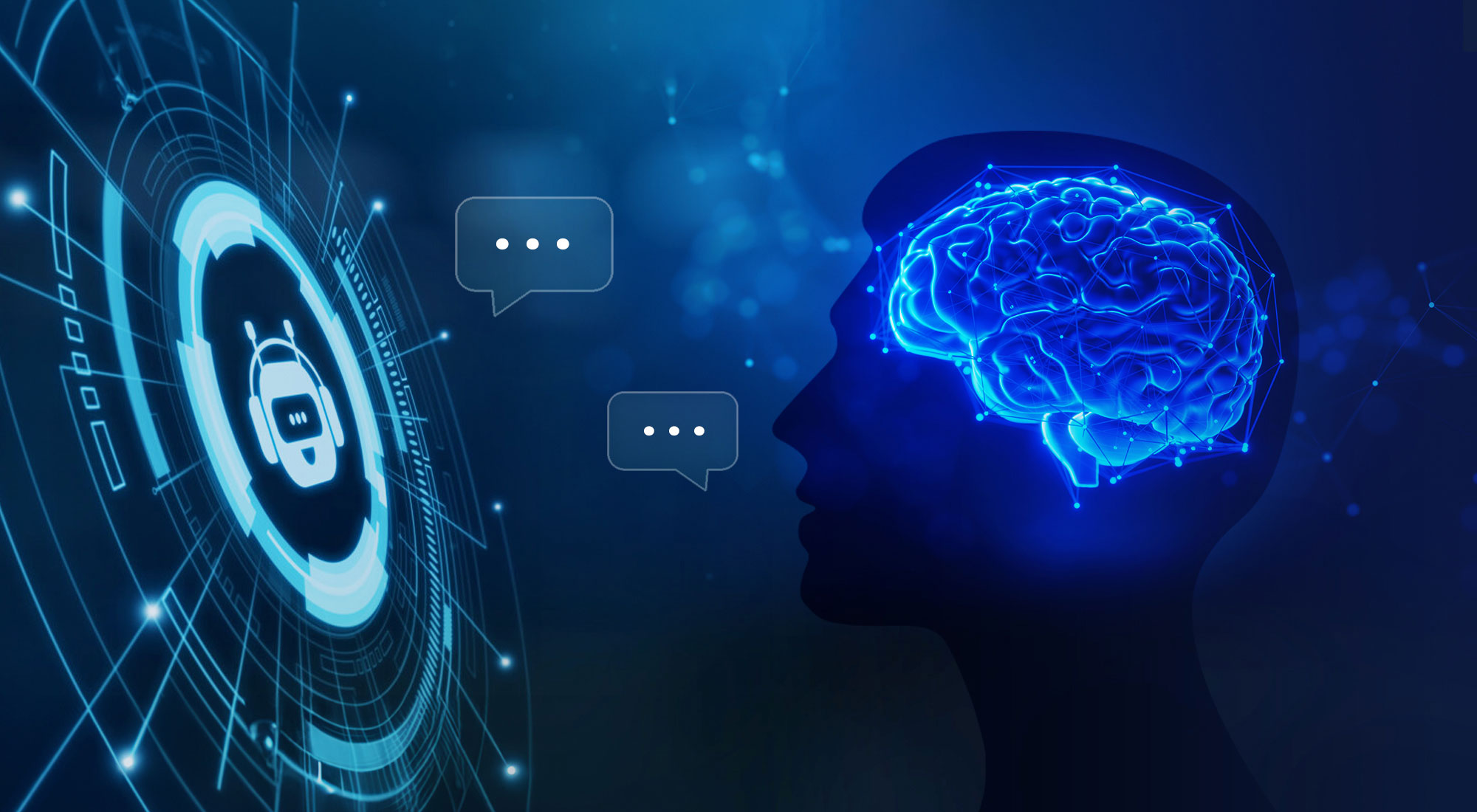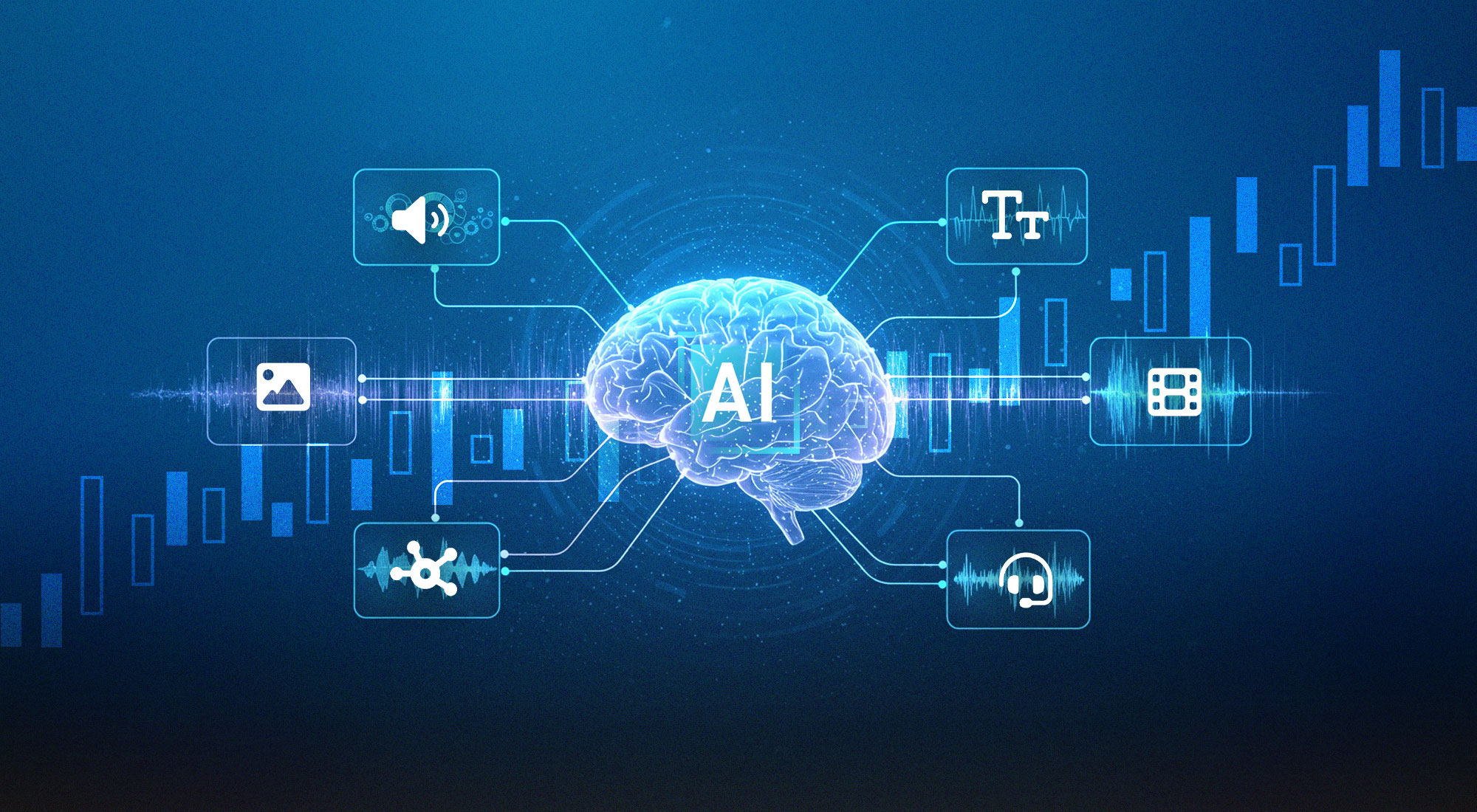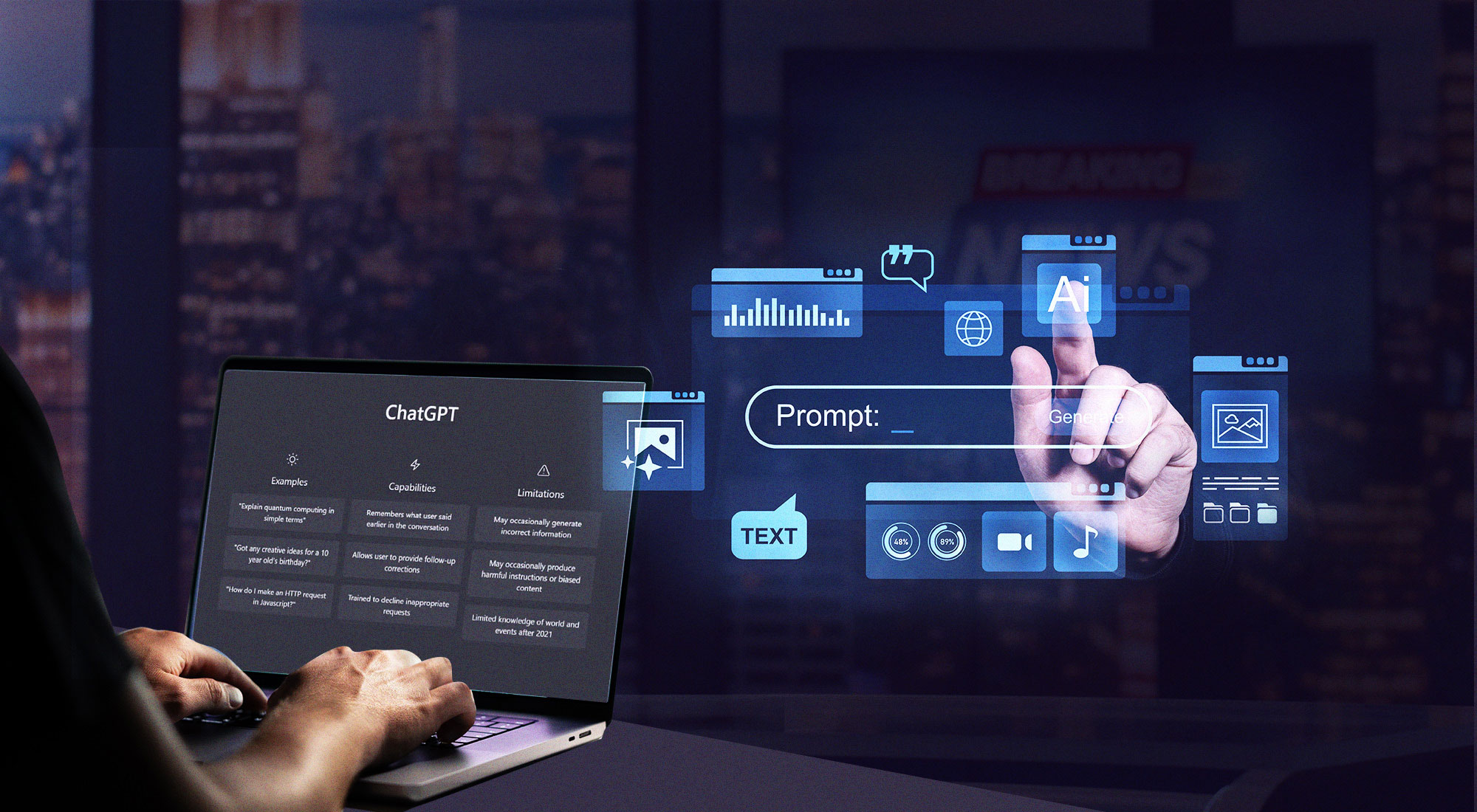In the realm of mental health care, the integration of artificial intelligence (AI) technologies, particularly through the utilization of AI-driven chatbots and virtual therapists, has emerged as a groundbreaking approach to enhancing treatment accessibility and effectiveness. Recent technological advancements have revolutionized the capabilities of AI chatbots, enabling them to provide personalized support and interventions tailored to individuals’ mental health needs. Similarly, virtual therapists leverage AI algorithms to diagnose and treat various mental health conditions, offering a unique blend of human-like interaction and technological precision. Understanding the distinctions between AI chatbots and virtual therapists in terms of their technological frameworks is crucial in evaluating their respective roles in mental health intervention. As the efficacy and accessibility of AI-powered mental health tools continue to be at the forefront of research, studies are being conducted to measure their effectiveness in comparison to traditional therapy methods. The accessibility of AI-powered tools presents a promising avenue for improving mental health care accessibility, potentially overcoming barriers such as cost and stigma associated with traditional therapy. However, challenges related to trust, data privacy, and the need for regulatory frameworks may impede the widespread adoption of AI in mental health care. This insight aims to delve deeper into the efficacy of AI-driven chatbots and virtual therapists in mental health interventions while examining the potential impact of AI technologies on the accessibility and quality of mental health treatment.
Technological Advancements in AI-Powered Mental Health Interventions
What recent technological developments have enhanced AI-driven chatbots?
Recent technological developments have significantly enhanced the capabilities of AI-driven chatbots, particularly in the domain of mental health. These advancements are pivotal in addressing the growing demand for mental health services, offering innovative solutions such as therapy, counseling, and self-help interventions, which are essential for individuals seeking support outside of traditional business hours.[1] For instance, AI-powered chatbots like Woebot and Wysa are leveraging cognitive behavioral therapy techniques to effectively reduce symptoms of depression and anxiety, as evidenced by user feedback and initial studies.[2] However, the integration of these technologies must be approached with careful consideration of both potential risks and benefits to ensure ethical development and maintain trust and transparency with users.[3] Transparency in the development, testing, and deployment phases is crucial, as clinicians and patients might be hesitant to trust AI platforms without a clear understanding of the underlying algorithms and their efficacy.[4] Engaging with key stakeholders and conducting thorough clinical trials are necessary steps to support innovation while protecting patient welfare.[5] By balancing these considerations, the field can harness the full potential of AI-driven chatbots to provide accessible, effective, and ethical mental health support on a large scale.
How do virtual therapists utilize AI to diagnose and treat mental health conditions?
Virtual therapists, powered by AI, represent a burgeoning field in mental health care that leverages technology to diagnose and treat conditions in novel ways. These platforms, such as the Leora model, are specifically engineered to be accessible, personalized, and discreet, making mental health support more approachable for users who may be hesitant to seek traditional therapy.[6]
By conversing with users about their mental health, virtual therapists can provide support for minimal-to-mild symptoms of anxiety and depression, which can be particularly beneficial in early intervention scenarios.[7] This adaptability extends to the ability of AI to evolve according to user needs and expectations, ensuring that the therapy remains relevant and effective over time.[8] However, it is crucial to note that while these platforms show promise, there is a significant gap in research regarding the efficacy of AI in addressing chronic mental health issues.[9] To bridge this gap, further research is necessary to understand patient values and preferences when it comes to AI-powered mental health support, which could enhance the therapeutic alliance between the AI and the user.[10] Addressing these research gaps and understanding user preferences will be essential in developing effective AI models that can comprehensively support mental health care.
What are the key differences in technology between AI chatbots and virtual therapists?
One of the principal technological distinctions between AI chatbots and virtual therapists lies in their use of natural language processing (NLP). AI chatbots are designed to understand and interpret language as it is spoken and written, leveraging NLP to facilitate meaningful interactions with users.[11] This technology allows chatbots to engage in conversations that feel natural and intuitive, providing users with immediate responses tailored to their specific queries.
In contrast, virtual therapists often do not utilize NLP, potentially limiting their ability to comprehend and respond to the nuances of human language.[12] Instead, virtual therapists may rely more heavily on structured protocols and predefined scripts, which can be effective for certain therapeutic interventions but may lack the conversational fluidity of AI chatbots. Additionally, AI chatbots incorporate standardized evaluation tools to gauge clinical needs related to anxiety and depression, offering a more systematic approach to identifying and addressing mental health concerns.[13] This method enables AI chatbots to provide targeted support and interventions, enhancing their utility in mental health care. In summary, while both AI chatbots and virtual therapists aim to support mental health, their differences in technological capabilities highlight the unique advantages and limitations of each approach. As research continues to evolve, understanding these distinctions will be crucial in optimizing the integration of AI in mental health services.
Efficiency and Accessibility of AI in Mental Health Treatment
What studies have been conducted to measure the effectiveness of AI chatbots and virtual therapists?
Several empirical studies and clinical trials have been conducted to evaluate the effectiveness of AI chatbots and virtual therapists in mental health settings, encompassing therapy, counseling, and self-help interventions.[14] These studies have primarily focused on key outcomes such as user satisfaction, symptom reduction, adherence to treatment, and the establishment of a therapeutic alliance between the user and the AI tool.[15]
For instance, AI chatbots are often programmed with therapeutic techniques aimed at alleviating symptoms of anxiety and depression, suggesting their potential utility in mental health care.[16] However, the effectiveness of these interventions can be hampered by the occurrence of incorrect responses from chatbots, which can significantly diminish user engagement, especially when dealing with high-risk behaviors such as self-injury.[17] This highlights the importance of robust design and continuous improvement of AI algorithms to ensure safe and effective interactions. Furthermore, intervention designers must prioritize safety, privacy, and ethical considerations to mitigate the risks associated with the use of these non-human support tools.[18] Despite these challenges, studies have shown that users often feel supported by AI chatbots, even when fully aware that they are interacting with artificial agents, indicating a promising potential for these tools to augment traditional mental health services.[19] Thus, while AI chatbots and virtual therapists offer significant advantages in terms of accessibility and convenience, ongoing research and careful implementation are essential to maximize their benefits and address their limitations.
How does the accessibility of AI-powered mental health tools compare to traditional therapy?
In terms of accessibility, AI-powered mental health tools like Limbic Access offer significant advantages over traditional therapy methods. Limbic Access, for instance, was implemented as part of routine mental health care in several NHS Talking Therapy services and has demonstrated the potential to decrease patient wait times by providing novel referral pathways.[20]
This tool’s ability to offer a direct booking feature for patients to schedule appointments with clinicians not only reduces administrative burdens but also enables faster access to clinical assessments, thus increasing the efficiency of care delivery.[21] The initial pilot study involving a sample of 7,176 patients with one NHS Talking Therapy provider revealed promising results, leading to its commercial rollout across multiple NHS providers.[22] This widespread implementation illustrates the enhanced accessibility and scalability of AI solutions in mental health care, making them a viable complement to traditional therapy. However, while AI can offer substantial benefits, it is crucial to regulate its accessibility to ensure a positive impact and avoid techno-fundamentalism, recognizing that AI is not a replacement for human therapists but rather a supportive tool.[23]
What are the potential barriers to the widespread adoption of AI in mental health care?
One of the significant barriers to the widespread adoption of AI in mental health care is the challenge of integrating digital health solutions with standard clinical practices. Traditional mental health care relies heavily on human interaction, which encompasses verbal and non-verbal cues crucial for accurate diagnosis and treatment. AI models, although advanced, often struggle with understanding and interpreting these gestural components, such as behavioral observations, which are pivotal in mental health assessments.[24] Furthermore, the use of digital technologies in mental health care faces substantial hurdles related to privacy, trust, and user experience issues. Patients may be reluctant to engage with AI-driven solutions due to concerns about the confidentiality of their sensitive mental health information and the perceived impersonal nature of machine-based interactions.[25] Additionally, the current methodologies for evaluating the efficacy of digital mental health interventions have not sufficiently evolved to perform timely, cost-effective, and robust assessments. This slow progress in evaluation creates a significant bottleneck, hindering the advancement and acceptance of AI technologies in this domain.[26] To overcome these barriers, it is imperative that stakeholders, including healthcare providers and policymakers, address these challenges head-on by developing comprehensive frameworks that ensure the ethical, secure, and user-friendly integration of AI in mental health care.[27]
Conclusion
The significance of AI-driven chatbots and virtual therapists in revolutionizing mental health care is growing. The efficacy of platforms such as Woebot, Wysa, and Limbic Access in delivering cognitive behavioral therapy techniques to alleviate symptoms of depression and anxiety underscores the potential of technology to cater to the increasing demand for accessible mental health services.
However, the integration of AI technologies in mental health interventions necessitates a balanced approach that considers ethical implications, user trust, and transparency. There is a need for enhanced methodologies to evaluate the effectiveness of digital mental health tools in a timely and cost-effective manner. Virtual therapists powered by AI emerge as a promising avenue for diagnosing and treating mental health conditions, particularly for individuals seeking support beyond traditional therapy hours. Despite the advantages offered by AI-driven solutions, concerns around privacy, trust, and user experience remain significant challenges that need to be addressed to ensure widespread acceptance and adoption.
The research underscores the importance of engaging with stakeholders and conducting thorough clinical trials to support the ethical development and implementation of AI technologies in mental health care. By addressing current research gaps and understanding user preferences, AI chatbots and virtual therapists can be optimized to provide personalized and effective support for individuals experiencing mental health challenges. There is a critical need for continuous improvement in AI algorithms to enhance the safety and efficacy of interactions, paving the way for a more accessible and scalable approach to mental health support through innovative technology solutions. These advancements are reshaping the future of mental health care, promising a new era where help is always at hand, tailored to individual needs, and available at any time, providing hope and support to those who need it most.
[1] Molli, V. L. P., “Effectiveness of AI-Based Chatbot in Mental Health Support: A Systematic Review,” Journal of Healthcare AI and ML 9, no. 9 (2022), journalpublication.wrcouncil.org, retrieved July 9, 2024.
[2] van der Schyff, E., Ridout, B., Amon, K., Forsyth, R. and Campbell, A.J., “Providing Self-Led Mental Health Support Through an Artificial Intelligence–Powered Chat Bot (Leora) to Meet the Demand of Mental Health Care,” Journal of Medical Internet Research 25 (2023), from www.jmir.org/2023/1/e46448/, retrieved July 9, 2024.
[3] Ibid.
[4] Ibid.
[5] Ibid.
[6] Ibid.
[7] Ibid.
[8] Ibid.
[9] Bhatt, P., Liu, J., Gong, Y., Wang, J. and Guo, Y., “Emerging Artificial Intelligence–Empowered mHealth: Scoping Review,” JMIR Mhealth Uhealth 10, no. 6 (2022), mhealth.jmir.org/2022/6/e35053, retrieved July 10, 2024.
[10] van der Schyff, E., Ridout, B., Amon, K., Forsyth, R. and Campbell, A. J., “Providing Self-Led Mental Health Support Through an Artificial Intelligence–Powered Chat Bot (Leora) to Meet the Demand of Mental Health Care,” op. cit.
[11] Ibid.
[12] Ibid.
[13] Ibid.
[14] Molli, V. L. P., “Effectiveness of AI-Based Chatbot in Mental Health Support: A Systematic Review,” op. cit.
[15] Ibid.
[16] Gamble, A., “Artificial intelligence and mobile apps for mental healthcare: a social informatics perspective,” Aslib Journal of Information Management 72, no. 4 (2020), www.emerald.com, retrieved July 12, 2024.
[17] Lattie, E., Stiles-Shields, C. and Graham, A., “An overview of and recommendations for more accessible digital mental health services,” Nature Reviews Psychology 1 (2022), www.nature.com/articles/s44159-021-00003-1, retrieved July 12, 2024.
[18] Ibid.
[19] Ibid.
[20] Rollwage, M., Habicht, J., Juechems, K., Carrington, B., Viswanathan, S., Stylianou, M., Hauser TU and Harper, R., “Using Conversational AI to Facilitate Mental Health Assessments and Improve Clinical Efficiency Within Psychotherapy Services: Real-World Observational Study,” JMIR MI 2 (2023), ai.jmir.org/2023/1/e44358/, retrieved July 13, 2024.
[21] Ibid.
[22] Ibid.
[23] Gamble, A., “Artificial intelligence and mobile apps for mental healthcare: a social informatics perspective,” op. cit.
[24] Balcombe, L. and De Leo, D., “Digital Mental Health Challenges and the Horizon Ahead for Solutions,” JMIR Mental Health 8, no. 3 (2021), mental.jmir.org/2021/3/e26811, retrieved July 15, 2024.
[25] Balcombe, L. and De Leo, D., “Human-Computer Interaction in Digital Mental Health,” Informatics 9, no. 1 (2022), www.mdpi.com/2227-9709/9/1/14, retrieved July 15, 2024.
[26] Balcombe, L. and De Leo, D., “Digital Mental Health Challenges and the Horizon Ahead for Solutions,” op. cit.
[27] Ibid.








